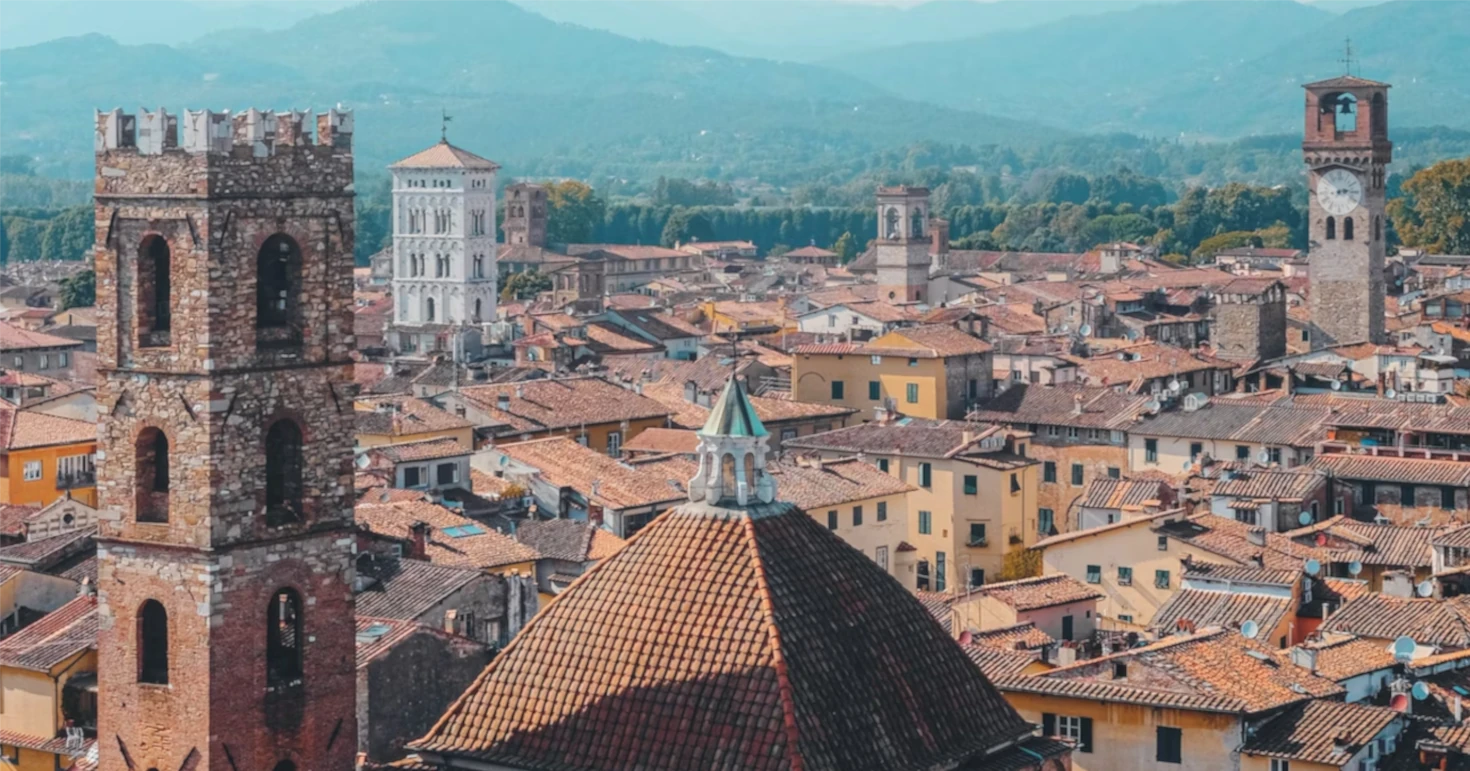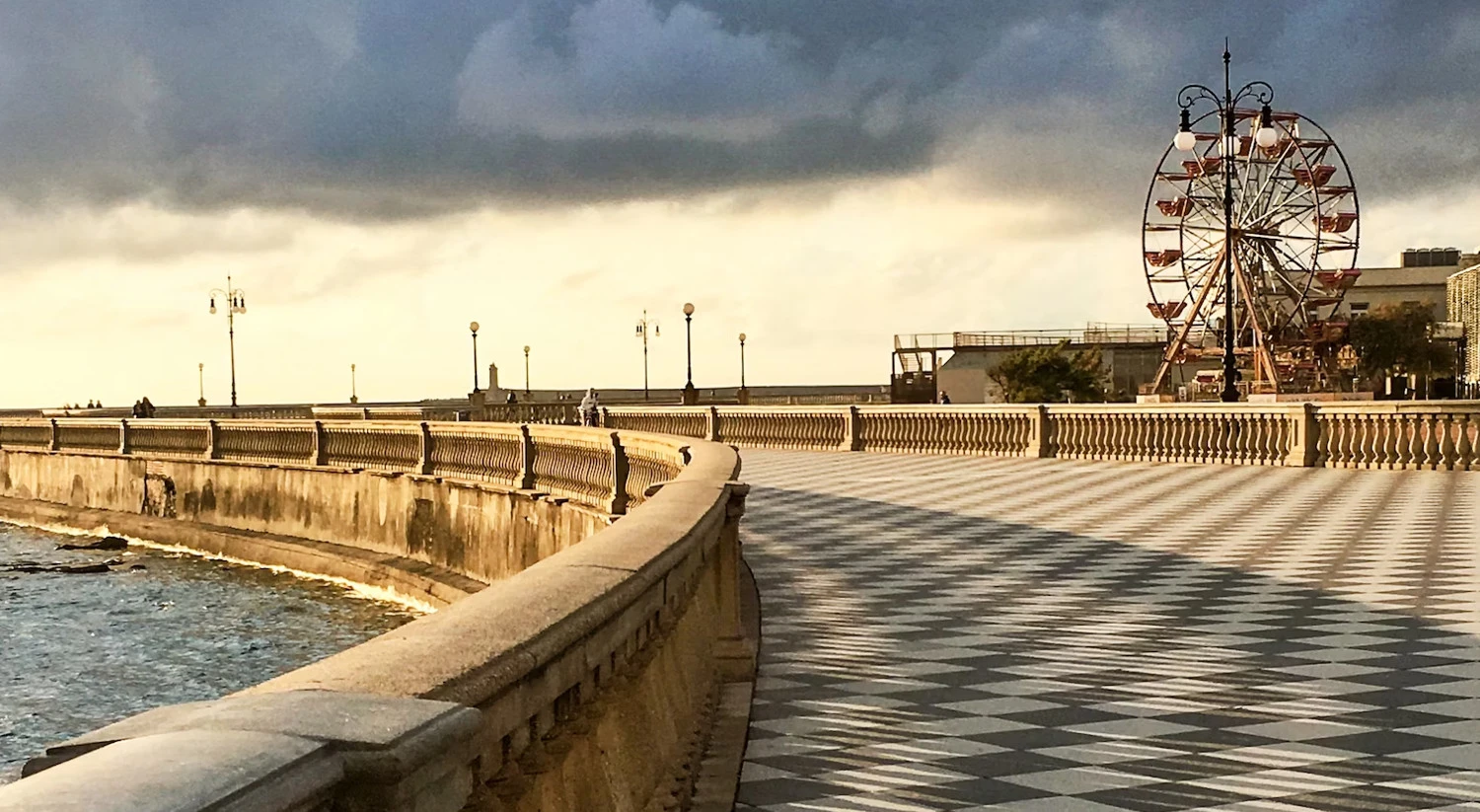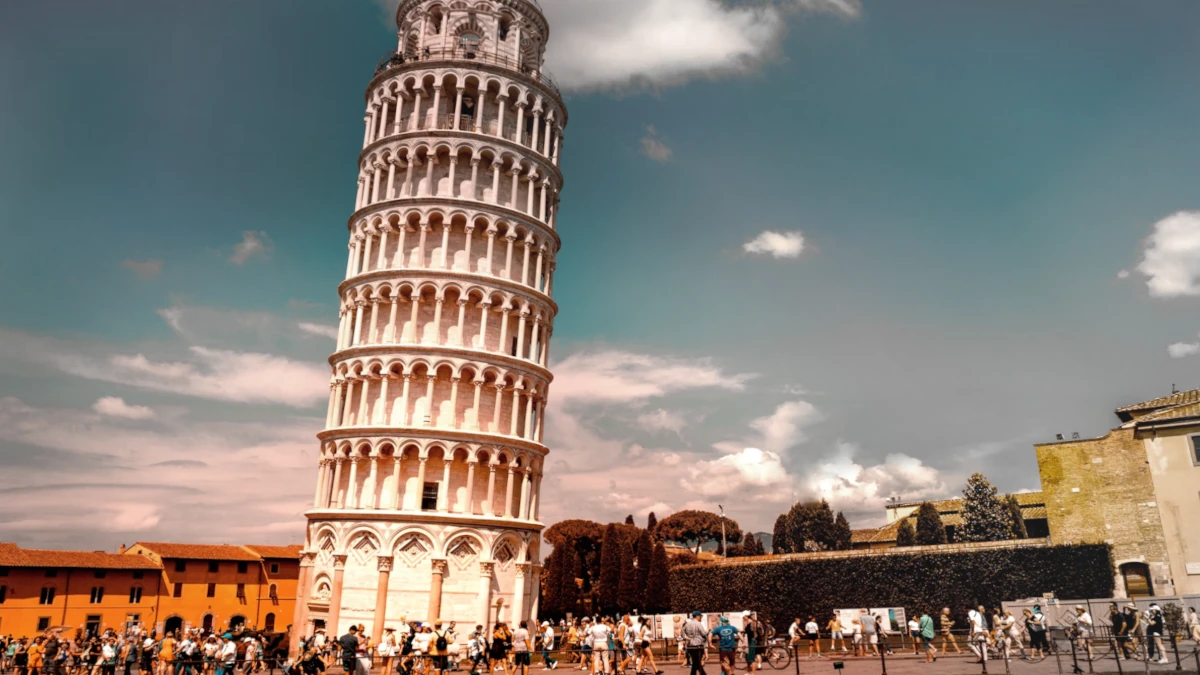Living in Genoa
Genoa is a historic and scenic city in the northwest of Italy, facing the Ligurian Sea.It is the capital of the Liguria region and the sixth-largest city in Italy, with about 580,000 inhabitants.
It is a major port city and a commercial and industrial hub, with a long maritime tradition and a strong cultural identity.
It is also a popular tourist destination, thanks to its beautiful old town, its impressive landmarks, and its proximity to the Italian Riviera.
Living in Genoa as an expat can be a rewarding and enjoyable experience.
You can discover the city’s rich heritage, its lively atmosphere, and its delicious cuisine, while also benefiting from its strategic location and its relatively affordable cost of living.
Genoa is the largest and most important city in Liguria, a region that stretches along the northwestern coast of Italy.
It covers an area of 243 square kilometers and has a population density of 2,378 people per square kilometer.
Genoa is a major economic center and a leading port in the Mediterranean Sea.
It has a diversified economy, with sectors such as shipping, logistics, engineering, finance, tourism, and services.
It is also home to several universities, research centers, and cultural institutions.
Genoa has a GDP of about €30 billion ($37 billion), making it the 11th richest city in Italy and the 92nd richest in Europe.
Search for:
What is Genoa like?
Genoa is a city with a rich and diverse culture, influenced by its long history and its maritime heritage.It is known for its artistic and architectural treasures, such as the Palazzi dei Rolli, the Cathedral of San Lorenzo, the Lanterna, and the Aquarium.
It is also a city with a vibrant and dynamic cultural scene, with many museums, galleries, theaters, festivals and events, covering various fields of interest, such as art, music, literature, cinema, science and technology.
Some of the most famous cultural attractions in Genoa are the Palazzo Ducale, the Museo di Palazzo Reale, the Galata Museo del Mare, the Teatro Carlo Felice, the Genoa International Film Festival, and the Genoa Science Festival.
Climate
Living in Genoa means enjoying a Mediterranean climate, with mild, rainy winters and warm, sunny summers.The city is located in northern Italy, but on the coast, and it’s clearly separated from the Po Valley by the Apennines, so, together with the rest of the Ligurian Riviera, it has a much milder climate.
In the summer, it’s hot and humid, and you can enjoy the sea and the nightlife.
In the winter, it’s cool and wet, and you can admire the city and its monuments.
The spring and the autumn are pleasant and variable, with some rain and some sun.
You can see the flowers and the trees, and enjoy the culture and the art.
Genoa is not very sunny or rainy by Italian standards, but it still has some clear and bright days, and some cloudy and rainy days.
The weather can be changeable and unpredictable, so you need to be prepared for anything.
Economy
Genoa is a historic and scenic city in the northwest of Italy, facing the Ligurian Sea.It is the capital of the Liguria region and the sixth-largest city in Italy, with about 580,000 inhabitants.
It is a major port city and a commercial and industrial hub, with a long maritime tradition and a strong cultural identity.
It is also a popular tourist destination, thanks to its beautiful old town, its impressive landmarks, and its proximity to the Italian Riviera.
Genoa has a diversified and dynamic economy, based on sectors such as shipping, logistics, engineering, finance, tourism, and services.
It is also home to several universities, research centers, and cultural institutions.
Genoa has a GDP of about €30 billion ($37 billion), making it the 11th richest city in Italy and the 92nd richest in Europe.
However, it also faces some social and economic challenges, such as unemployment, poverty, inequality, and environmental issues.
According to the latest data, about 18% of the population in Genoa lives below the poverty line, and about 12% is unemployed.
The city also hosts a large number of immigrants, mostly from Eastern Europe, Africa, and Asia, who often face difficulties in integrating and accessing basic services.
The city authorities have implemented various policies and initiatives to address these issues, such as urban regeneration, social inclusion, innovation, and sustainability.
Education
Genoa is an academic city, with a large and diverse student population.It has several public and private universities and colleges, offering a wide range of courses and degrees, from humanities and social sciences to engineering and medicine.
Some of the most prestigious and renowned academic institutions in Genoa are the University of Genoa, the Polytechnic School of Engineering and Architecture, the D’Annunzio University of Chieti-Pescara, and the Italian Institute of Technology.
The city also has many international schools, catering to the needs of expat families and children.
Some of the most popular and reputable international schools in Genoa are the Deledda International School, the Genoa International School, the International School in Genoa, and the St. George’s British International School.
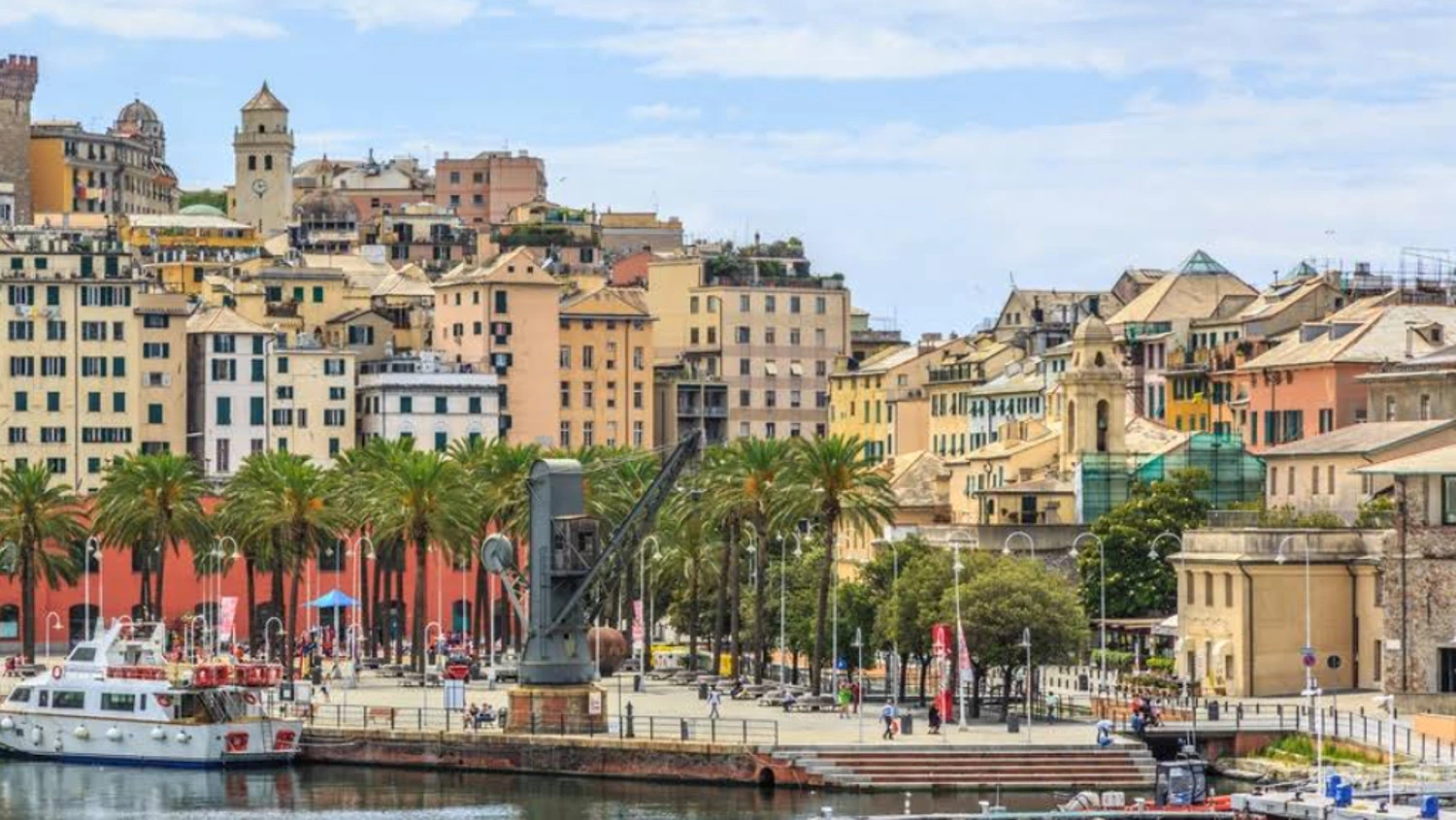
Cost of living in Genoa
The cost of living in Genoa is lower than in other major Italian cities like Rome or Milan, but higher compared to the national average.It is ranked 184th out of 9294 cities in the world in terms of cost of living.
A family of four estimated monthly costs are €3,139 without rent, and a single person estimated monthly costs are €1,855 without rent.
Rent in Genoa is also lower than in Milan, but higher than in other Italian cities.
For example, a one-bedroom apartment in the city center costs about €600 per month, while a three-bedroom apartment costs about €1,200 per month.
The prices of food, transportation, utilities, and entertainment are also average.
Is Genoa safe?
Genoa is a relatively safe city for tourists and expats, with a moderate crime rate compared to other major cities in Italy and Europe.However, some precautions are recommended, especially in certain areas and situations.
The most common crimes in Genoa are pickpocketing, bag-snatching, scams, and vandalism, which usually target crowded and touristy places, such as the port area and other tourist landmarks.
To avoid these risks, it is advisable to be vigilant and careful, to keep your valuables close and secure, to avoid suspicious or aggressive people, and to report any incident to the police.
Genoa is also generally safe at night, but it is better to avoid walking alone in dark and isolated streets, and to stick to the well-lit and busy areas.
Pros and cons of life in Genoa
| Pros | Cons |
|---|---|
| Historic and scenic city | Expensive housing |
| Rich culture and heritage | Crowded and noisy |
| Port city | Polluted |
| Well-developed public transportation | Not very friendly to foreigners |
| Close to other parts of Italy | Language barrier |
| Food and wine | Hard to make friends and integrate |
| Multicultural and diverse | Slow-paced and conservative lifestyle |
| Italian is widely spoken | Mild and rainy climate |
| Diversified and dynamic economy | |
| Relatively low cost of living |
Advantages of Living in Genoa
Overall, Genoa is a historic and scenic city, with a rich culture and heritage.You can explore its many attractions, such as the Palazzi dei Rolli, the San Lorenzo Cathedral, the Lanterna, and the Aquarium, and immerse yourself in its history.
It is also a port city, with a long maritime tradition and a strong identity.
You can enjoy the sea and the coast, and admire the views of the Ligurian Sea.
The city has a good public transportation system, which makes it easy to get around and to other parts of Italy, such as Milan, Turin, or Florence.
Not only that, but you can also enjoy its food and wine, which are famous for their quality and variety.
You can taste the pesto, the focaccia, and the seafood, and sip the local wines.
Genoa is a multicultural and diverse city, where you can meet people from different countries and backgrounds, who contribute to the city’s social and artistic life.
Italian is widely spoken here, which makes it easier for you to learn and communicate.
The city has a diversified and dynamic economy, which offers you many opportunities for work and career development.
Genoa has a relatively low cost of living, compared to other Italian cities, which makes it a great option for those looking to experience Italy on a budget.
Disadvantages of Living in Genoa
Genoa can be challenging and difficult to live in.You can face difficulties in finding affordable housing, especially in the city center, where the prices are high.
You can also spend a lot on utilities, entertainment, and healthcare, which are higher than the national average.
The city can be crowded and noisy, especially during peak tourist season, when it is full of visitors and events.
It can also be polluted, with poor air quality and traffic congestion, which can affect your health and mood.
Genoa is not very friendly to foreigners, and the language barrier can be a challenge, especially if you don’t speak Italian.
You can also have trouble making friends and integrating into the local community, which can make you feel lonely and isolated.
Moreover, the city can have a slow-paced and conservative lifestyle, which can be boring and frustrating, especially if you are used to a more dynamic and cosmopolitan environment.
In addition to that, compared to other parts of Italy, Genoa can have a mild and rainy climate, with few sunny and warm days, which can make you feel gloomy and depressed.
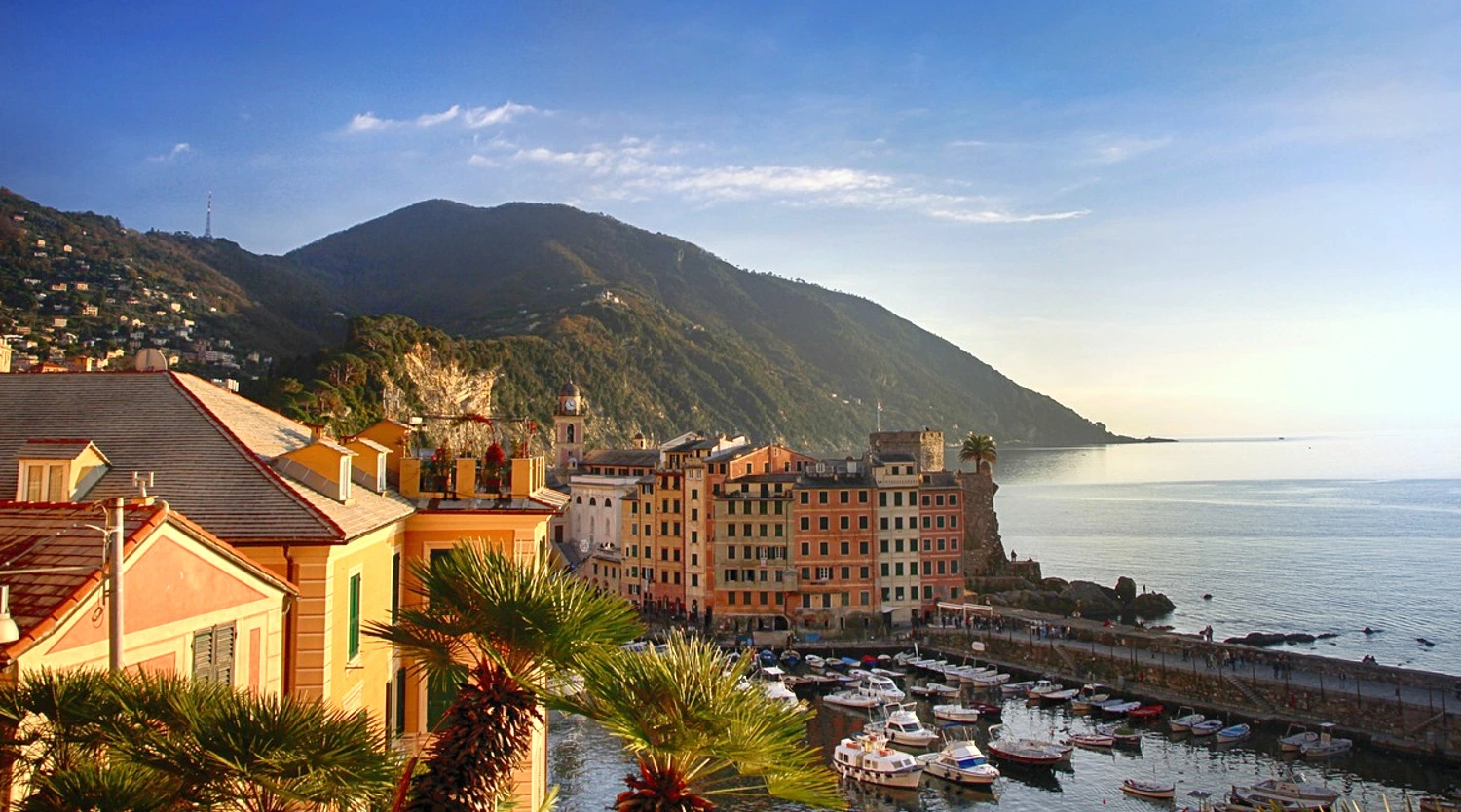
FAQs
What is Genoa like for foreigners?
Genoa is a historic and vibrant port city that offers a unique blend of old and new.It is the birthplace of Christopher Columbus and a UNESCO World Heritage site, with many monuments, museums and churches to explore.
Living in Genoa as an expat can be an enriching and enjoyable experience.
You can discover the rich culture and cuisine of the Ligurian region, enjoy the mild climate and the sea views, and meet friendly and welcoming locals.
However, living in Genoa as an expat can also pose some challenges.
You may have to deal with the bureaucracy, the traffic, the pollution, and the high cost of living.
You may also have to learn some Italian, as English is not widely spoken.
Some of the best areas for expats to live in Genoa are Boccadasse, Carignano, Castelletto and Nervi.
What is Genoa like for students?
Genoa is an attractive destination for students who want to study in Italy or abroad.It is a city that offers a variety of academic programs, from humanities and social sciences to engineering and medicine, from public and private universities and colleges to international and prestigious institutions.
Students in Genoa can benefit from a stimulating and diverse learning environment, a large and active student community, a varied and affordable cultural offer, and a lot of opportunities for internships and career development.
However, students in Genoa also have to cope with the low quality of education, the lack of resources and facilities, the high dropout rate, and the difficult job market.
What is Genoa like for women?
Genoa is a city that offers a lot of opportunities and advantages for women, but also some difficulties and challenges.It is a city that has a high level of female employment, especially in the service sector, and a good balance between work and family life.
It also has a strong presence of women in politics, culture, and social movements, and a network of associations and organizations that support women’s rights and empowerment.
However, women in Genoa also have to deal with some issues, such as gender discrimination, violence, harassment, and inequality.
They also have to cope with the lack of childcare facilities, the high cost of living, and the conservative attitudes of some segments of society.
What is Genoa like for LGBTQ people?
Genoa is a city that has rediscovered its traditions of openness and tolerance towards minorities, becoming more welcoming, colorful, friendly and transgressive.It has a lively and vibrant LGBTQ+ community, with a range of events and initiatives organized by associations such as Arcigay Genova, which offers legal, psychological and social support to queer people .
It also has some gay-friendly venues where you can have fun and meet new people, such as Lux Club, a dance club with themed nights and shows, and Aqua Club, a sauna with a jacuzzi, Turkish bath and relaxation area.
However, LGBTQ+ people in Genoa also have to face some challenges, such as homophobia, transphobia, discrimination, and violence.
They also have to deal with the lack of recognition and protection of their rights, especially in terms of marriage, adoption, and health care.
Is Genoa a poor city?
Genoa is a relatively rich city in Italy, with a GDP per capita of €30,700 ($34,000), which is higher than the national average of €28,900 ($32,000).Genoa ranks 11th among the richest cities in Italy and 92nd among the richest cities in Europe, based on its GDP of about €30 billion ($37 billion).
However, Genoa also has a high level of poverty and inequality, with about 18% of the population living below the poverty line and about 12% being unemployed.
Genoa’s wealth is unevenly distributed among its districts, with some areas being more affluent and others being more deprived.
The richest districts are Centro Est, Centro Ovest, and Levante, while the poorest districts are Valpolcevera, Medio Ponente, and Bassa Valbisagno.
Is Genoa dirty?
Genoa is a dirty city in Italy, with a poor level of air quality, waste management, and water sanitation.Genoa ranked 101st out of 104 Italian cities in the latest environmental survey by Legambiente and Ambiente Italia, which measures the quality of urban ecosystems.
Genoa has faced several crises with cleanliness and sustainability, such as the garbage emergency, the toxic waste scandal, and the water contamination problem.
These issues have caused serious health and environmental risks for the population and the territory.
However, Genoa has also taken some initiatives to improve its cleanliness and sustainability, such as promoting public transportation, cycling, and renewable energy, reducing greenhouse gas emissions, increasing recycling and composting, and protecting green areas and monuments.
Is Genoa walkable?
Genoa is a city that has a high level of walkability, as it is compact, dense, and rich in historical and cultural attractions.It also has a well-developed public transport system, including buses, metro, trains, and ferries, that connects the different parts of the city and the surrounding areas.
However, Genoa also has some challenges for pedestrians, such as steep hills, narrow streets, traffic congestion, and pollution.
